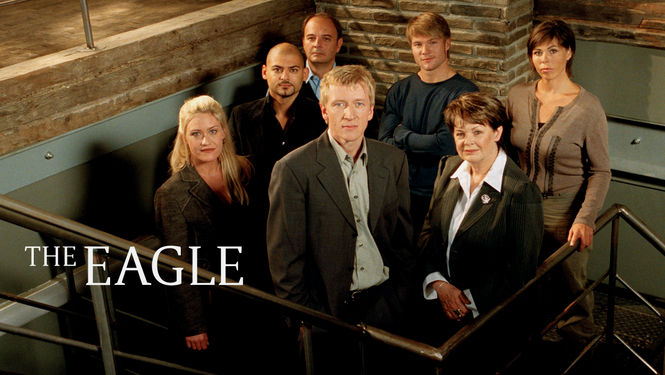by
Holly West
Recently, I became involved in a conversation about book awards on
Twitter in response to
this article written by the fabulous
E.A. Aymar for ITW's
THE THRILL BEGINS. The gist of this exchange was that there is a significant difference between juried awards like the Edgars and peer-decided awards like the Anthonys, which are, in the minds of some, just popularity contests. And that we, as authors should be clear and honest about the differences.
Note: The Edgars are also judged by our peers, but the process is much more rigorous, involving committees and consensus among the members of said committees. Having never been part of that process, I can't comment further, except to say that I respect it. Ed's article gives information on how the ITW awards are determined, which I assume is similar to the way the Edgars are.
Starting early in the year, you might see your author friends campaigning for various awards. You might've even seen me campaigning. Or as I prefer to call it--reminding. Nothing wrong with reminding people who've read my work of its eligibility in a given year and I appreciate it when other authors remind me of their eligibility. If I've read and enjoyed their work, I'm happy to nominate them, but I don't always keep track of what was published when so a little nudge is helpful.
Such campaigning, however, made one of the conversation's participant ask who the writers were trying to connect with--readers or their writing peers.
For the record, I've been nominated twice--once for the Left Coast Crime award for Best First Novel (MISTRESS OF FORTUNE) and once for the Anthony for Best Short Story. Those nominations meant the world to me, they really did. You can call it a popularity contest if you want, but being recognized by my peers felt really great. And after the LCC nomination, I saw a small but definite uptick in sales. Given my low sales numbers in general, that was significant to me.
And to be clear, these awards aren't just nominated and voted on by other authors. Fans (those who've attended or are registered to attend a given conference) are also eligible to nominate and vote.
But as the title of this post suggests, this little twitter conversation resulted in a different quandary for me: who, exactly, is my audience? The truth is that at this point in my career, my writer friends are my main audience. I don't mean that I'm writing solely for them or that they've been supportive (though they have been), I literally mean that they represent the majority of those who've purchased my books. For a variety of reasons, the books I've written so far have not yet managed to find an audience much broader than those who know me, and a great many of those people are authors themselves.
The point I'm trying to make is this: Maybe some day my books will reach a larger audience, but that doesn't mean I'm not proud of the one I already have. And if that means I'm sometimes honored with award nominations, damn it, I'm even prouder. Yes, I understand that there are inherent problems with the way these awards are given out, but that's not a judgment on the quality of the material itself. And quite often, you'll see the same titles on multiple shortlists, including the Edgars.
Maybe the moral of the story is not to place too much importance on awards in general, although, I ain't gonna lie, I want an Edgar someday. One thing's for sure, I'm not going to get one by writing blog posts (or engaging in Twitter conversations) complaining about or dissecting award processes. Neither will you. So get out there and write, my friends. Hustle, too.














